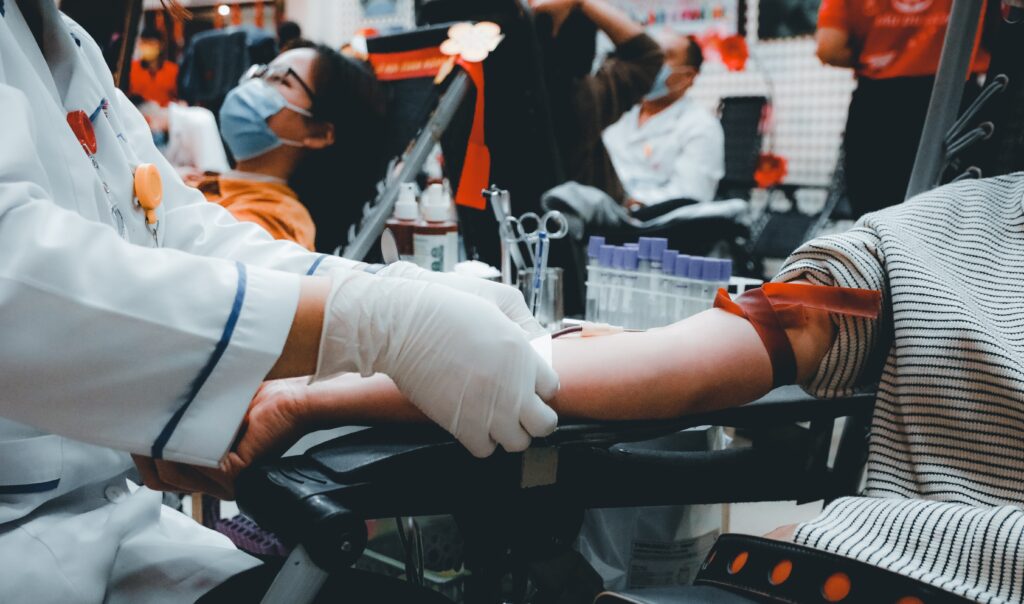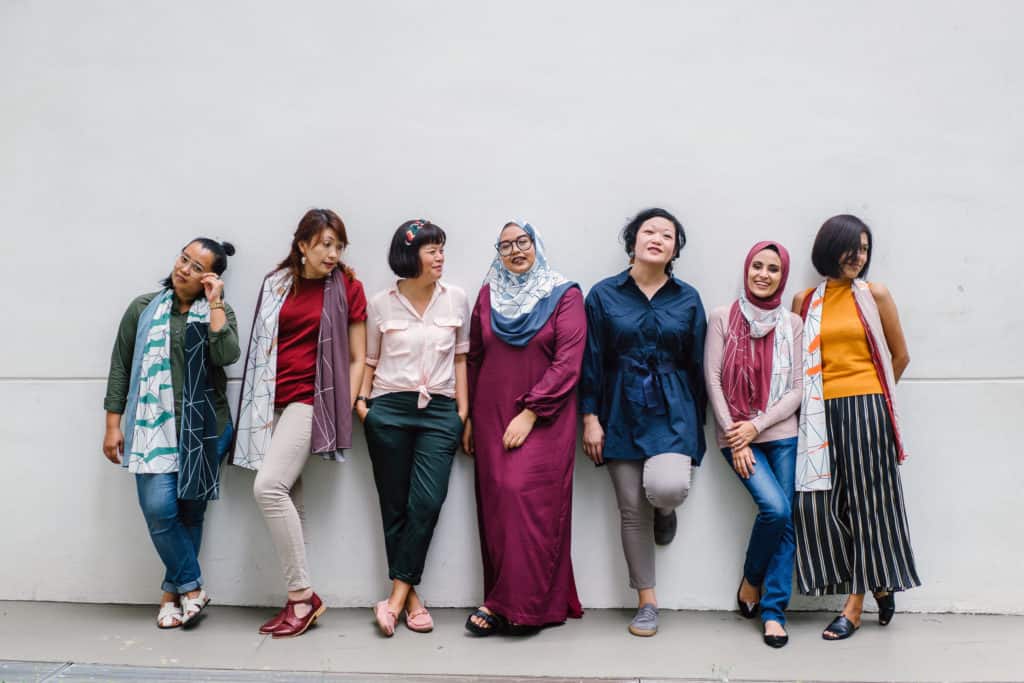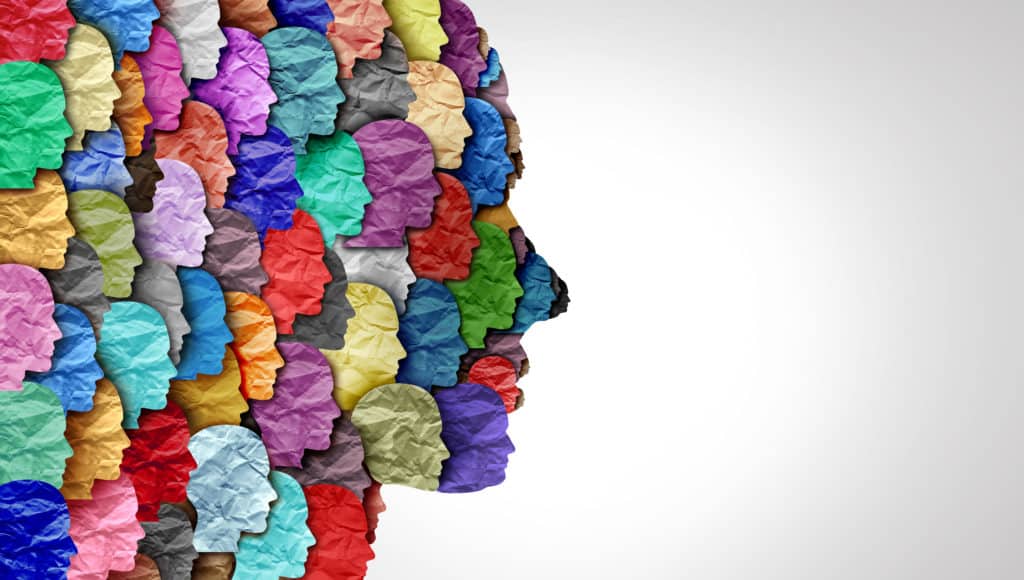Promoting growth mindsets: a new pathway to supporting individuals with Type 2 Diabetes

Individuals with type 2 diabetes (T2D) are more likely to exhibit lower growth mindsets and less self-efficacy towards their blood glucose compared to those without T2D, according to a recent study by researchers at IPUR and the Yong Loo Lin School of Medicine at the National University of Singapore. Growth mindsets are beliefs or “frames […]
Trust, Norms and Coastal Adaptation

Approximately 600 million people in Asia are already at risk from coastal flooding. As sea levels rise over the course of the 21st century, coastal floods will become more frequent, inundate larger areas, and affect more people. By 2100, sea-level is expected to rise between 30 cm (under a low emissions scenario) and 1m (based […]
Helping financially vulnerable individuals make more judicious medical decisions

Given the increasing practice of patient engagement in joint medical decision-making, this project focuses on how patients’ financial constraints affect their decision-making about medical treatments, namely preference between an aggressive treatment and a conservative treatment. Ironically, it is the financially constrained patients who are more likely to opt for an aggressive treatment, which is typically […]
Understand the cardiorespiratory health impact of secondhand smoke in Singapore

Secondhand smoke (SHS) exposure is a longstanding public health threat. In 2019, global estimated deaths from household air pollution accounted for 2.3 million out of 6.7 million total air pollution deaths. SHS contains the same carcinogens as mainstream smoke and induce the same genotoxic and epigenetic effects on the human body. Reduced lung function was […]
Project Wavelength

This IPUR flagship project aims to understand how different people think about risk and what motivates these differences.
Using a game to induce resilience against fake news

This workshop, presented by Dr Catherine Wong, highlights the key findings from a pilot study titled “Inoculation against fake news? An experiment using a fake news game on COVID-19 vaccines”. The study, conducted in Singapore, set out to experiment with the use of an online role-playing game to induce resilience against fake news. The experimental […]
Legacy Planning: Understanding the Landscape and Barriers Surrounding Will Writing, CPF Nominations and the Lasting Power of Attorney in Singapore

The adage that “nothing can be said to be certain, except death and taxes” stands in perplexity to the hesitation surrounding legacy planning. Launched during a pandemic era where mortality is more salient than ever, this research explores current sentiments toward legacy planning in Singapore and uncovers practical and psychological barriers that surround Will writing, […]
Health Innovation Programme (HIP) Behavioural Science in Chronic Disease Management: Understanding the Health and Non-Health Beliefs of People with Diabetes

https://www.youtube.com/watch?v=2b-g-ZYH60w The prevalence of diabetes presents a troubling landscape with nearly one in ten adults diagnosed with this chronic disease worldwide. Although interventions may reduce the risk of diabetes-associated complications, the effectiveness of such interventions relies largely on patients’ adherence to medication and lifestyle modifications, which have typically been extremely low. This project examines this […]
Enhancing Productivity of Innovations across Cultures for Singapore

This project seeks to understand how socio-cultural factors affect consumers’ perception of various forms of product innovation, and to understand the effects of culture on factors affecting innovation adoption, such as risk perception.
Visualisation in Risk Perception and Communication of Major Infectious Diseases

This project potentially identifies new factors influencing risk perception and new ways of communicating risk in a more effective and accurate manner. In particular, we hypothesize that risk perception and communication are affected by visualization. We further hypothesize that risk perception through visual imageries likely operates through the emotional, instead of the cognitive, route. Our […]
